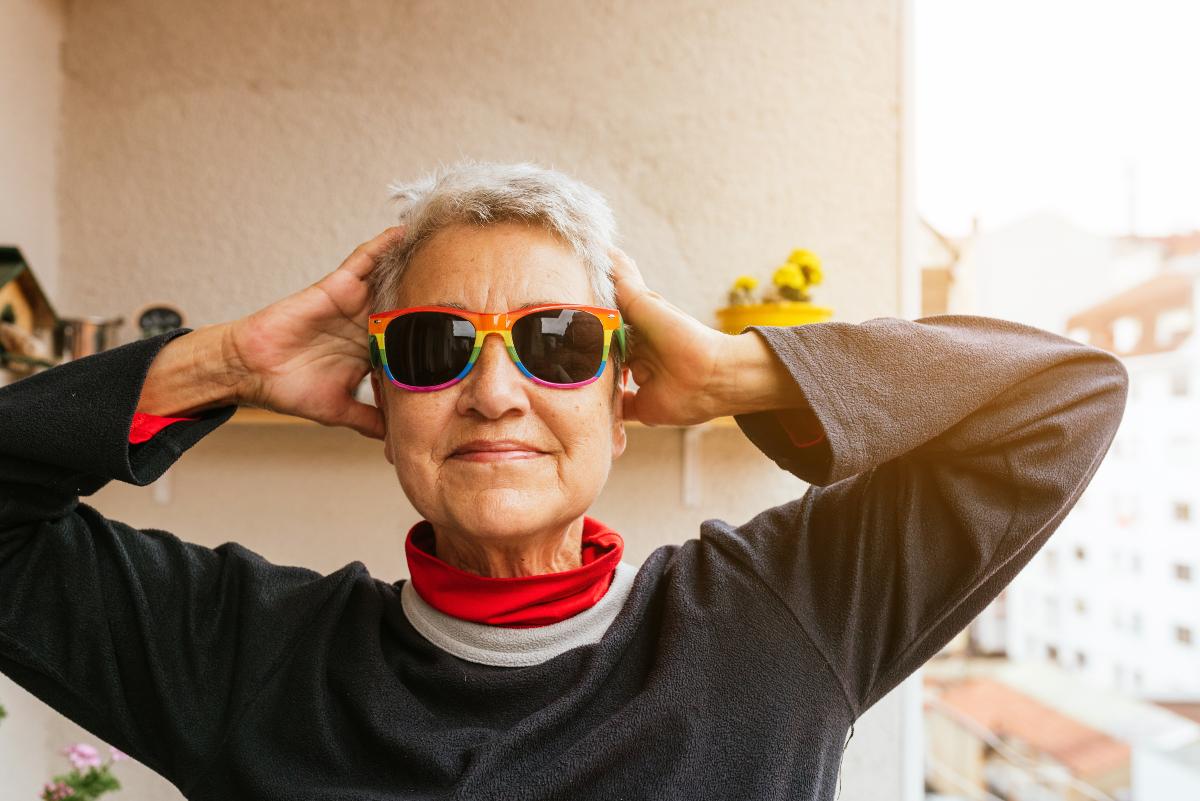Table of Content
LGBTQ individuals face discrimination and abuse at every stage of life, including retirement. While significant gains in civil rights for LGBTQ individuals have continued to occur over the past decades, these individuals are still vulnerable to abuse and unfair practices. And unfortunately, there are increasing reports of abuse to LGBTQ community members within the senior community. If your LGBTQ family member is experiencing nursing home abuse, it’s important to seek legal action. Working with a skilled nursing home abuse lawyer is the best way to ensure your loved ones are protected. Here is some important information to know about nursing home neglect towards LGBTQ residents.
LGBTQ Discrimination in Housing and Nursing Homes
The LGTBQ community faces all kinds of discrimination. However, housing is one of the most common ways they experience abuse. Same-sexed partners who apply for housing are less likely to get a response, more likely to be charged more rent for the same housing as heterosexual couples, and more prone to unfavorable treatment. Additionally, often when LGTBQ couples apply for housing, they w9ll be offered a two-bedroom unit instead of a one-bedroom.
Even when housing has been secured, LGBTQ individuals are still vulnerable to abuse. This abuse can come from friends, family, caretakers, or fellow residents in a nursing home facility. Often, the abuse experienced by LGBTQ members in a nursing home is related to their sexual orientation or identity. However, they are also subject to other kinds of abuse. Some examples of LGBTQ elder abuse include:
- Verbal harassment
- Housing discrimination
- Physical violence
- Sexual abuse
- Financial abuse
- Refusal to allow same-sex partners to live in the same unit
- Homophobic or transphobic remarks
- Elevated hostility from nursing home staff members
- The denial of visits from friends without prior staff approval
- Denying the ability for non-biological families to take part in medical decisions
Unfortunately, this abuse leads many members of the LGBTQ community to conceal their sexual identity in order to avoid discrimination.
Additional Factors That Contribute to LGBTQ Elder Abuse
There are several factors specific to LGBTQ individuals that often lead to a higher chance of elder abuse. These factors include:
- LGBTQ seniors are more likely to be single than their cisgender, heterosexual counterparts
- Many LGBTQ seniors don’t have children.
- LGBTQ seniors earn less than cisgender, heterosexual individuals.
- Many nursing home caretakers lack sensitivity and education surrounding LGBTQ issues
These are a couple of LGBTQ-specific factors that can contribute to nursing home abuse. Unfortunately, many LGBTQ individuals are unlikely to report their abuse, and when abuse does occur, there’s less of a likelihood that it will be spotted. If you suspect your LGBTQ loved one is experiencing abuse at their nursing home, it’s essential to take action as soon as possible.
Call an Expert Nursing Home Abuse Lawyer in New York City
If you believe that an LGBTQ friend or family member is caught up in a harmful or neglectful situation in their nursing home, contact the trusted attorneys at Dalli & Marino. We’re a group of skilled attorneys dedicated to fighting for the rights of nursing home residents. We comprehensively understand New York’s specific regulations and government healthcare, allowing us to provide the best legal counsel to our clients.
At Dalli & Marino, we are committed to ensuring our clients receive fair compensation for the experience they endured. We have recovered millions of dollars for our clients since 1996. We approach each case on an individual basis and serve to help you or your loved one recover the money you need to compensate for your injury or illness. Give us a call at (888) 465-8790 or complete our contact form today.



